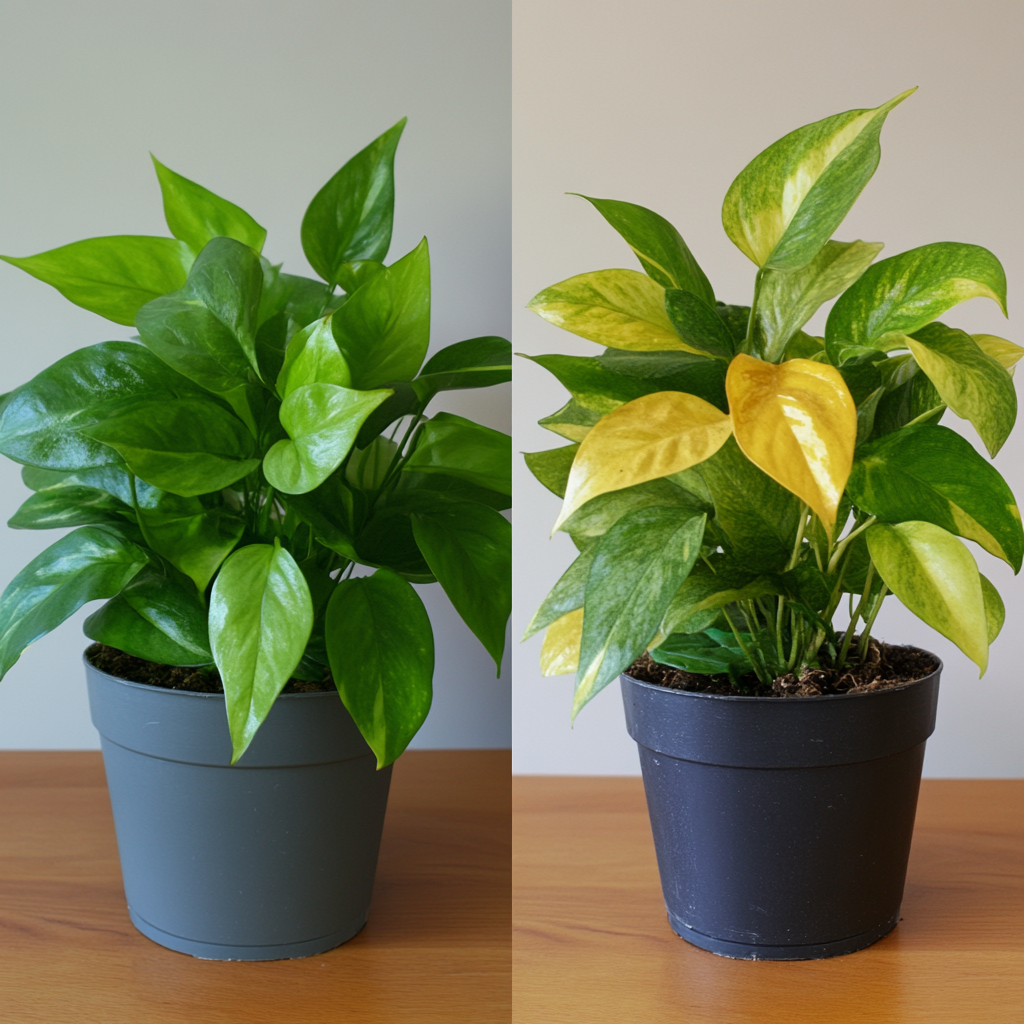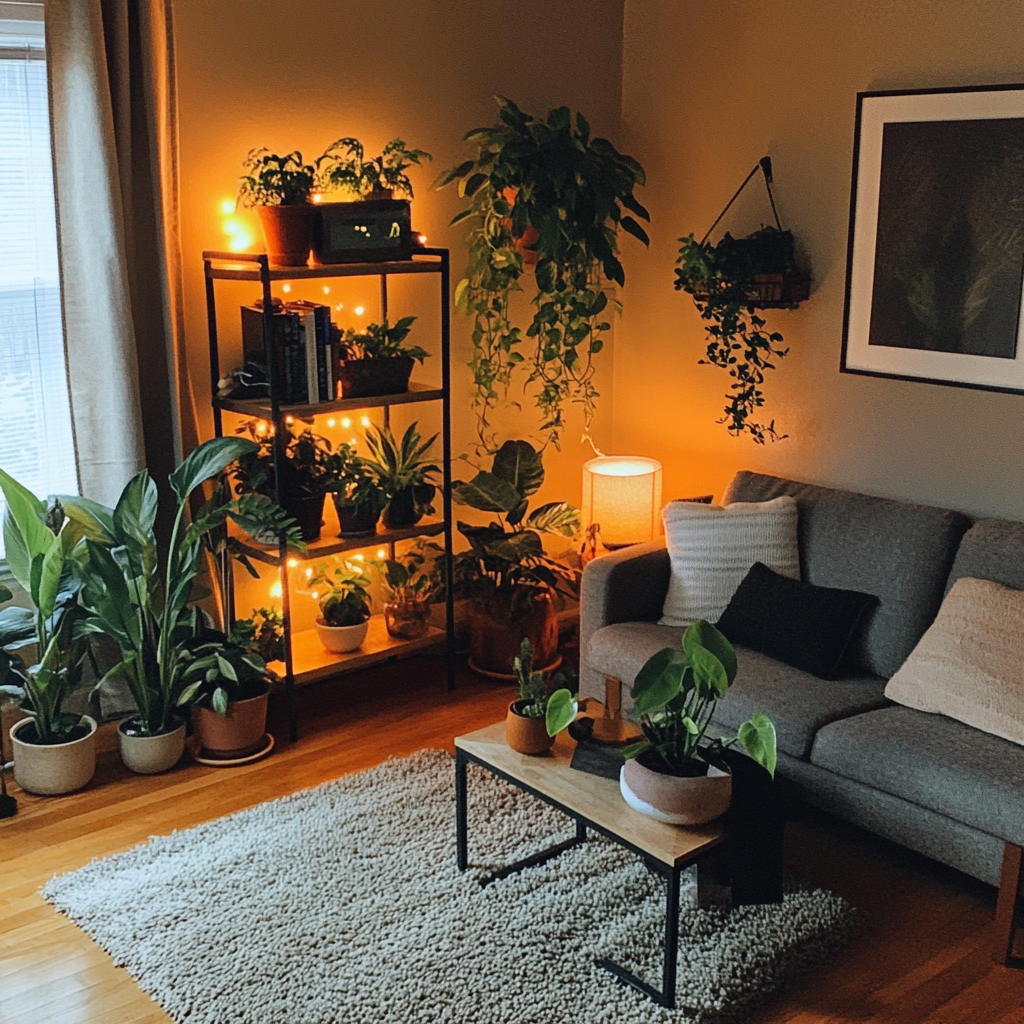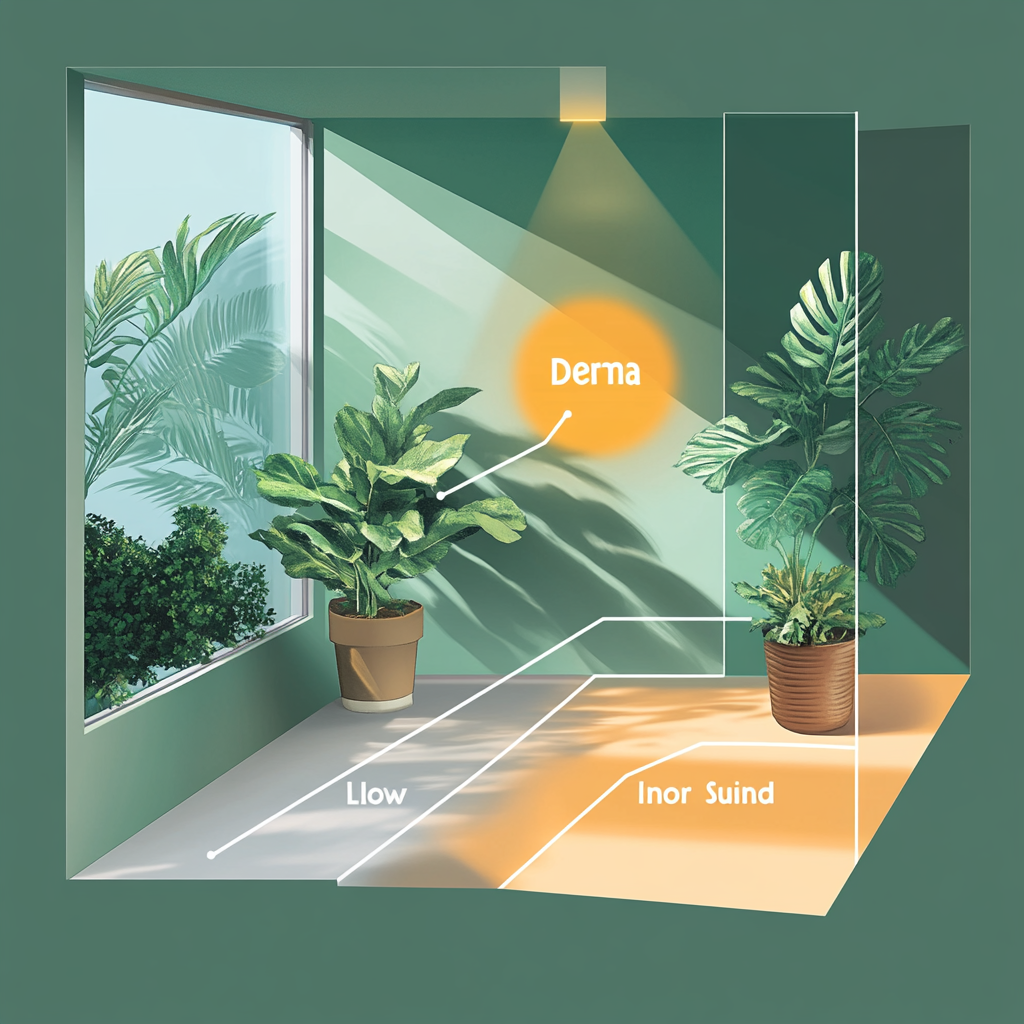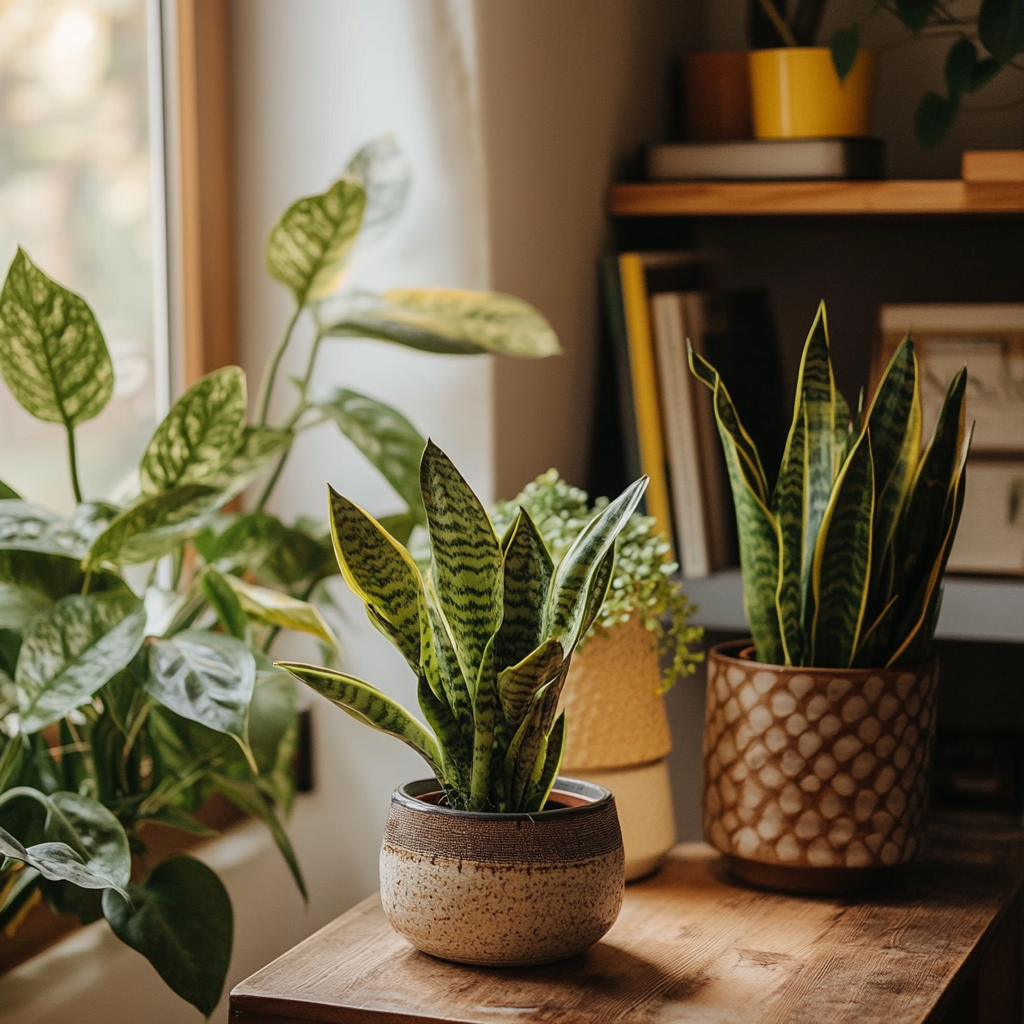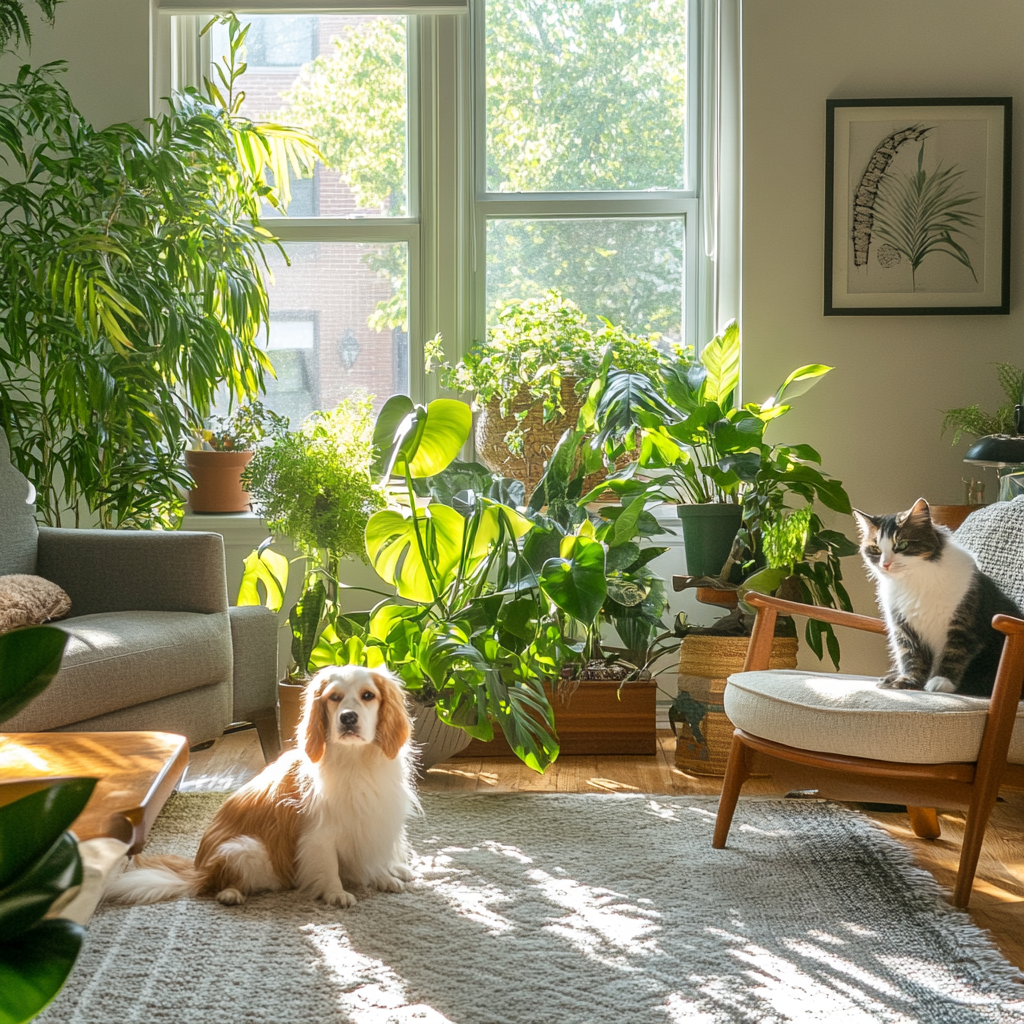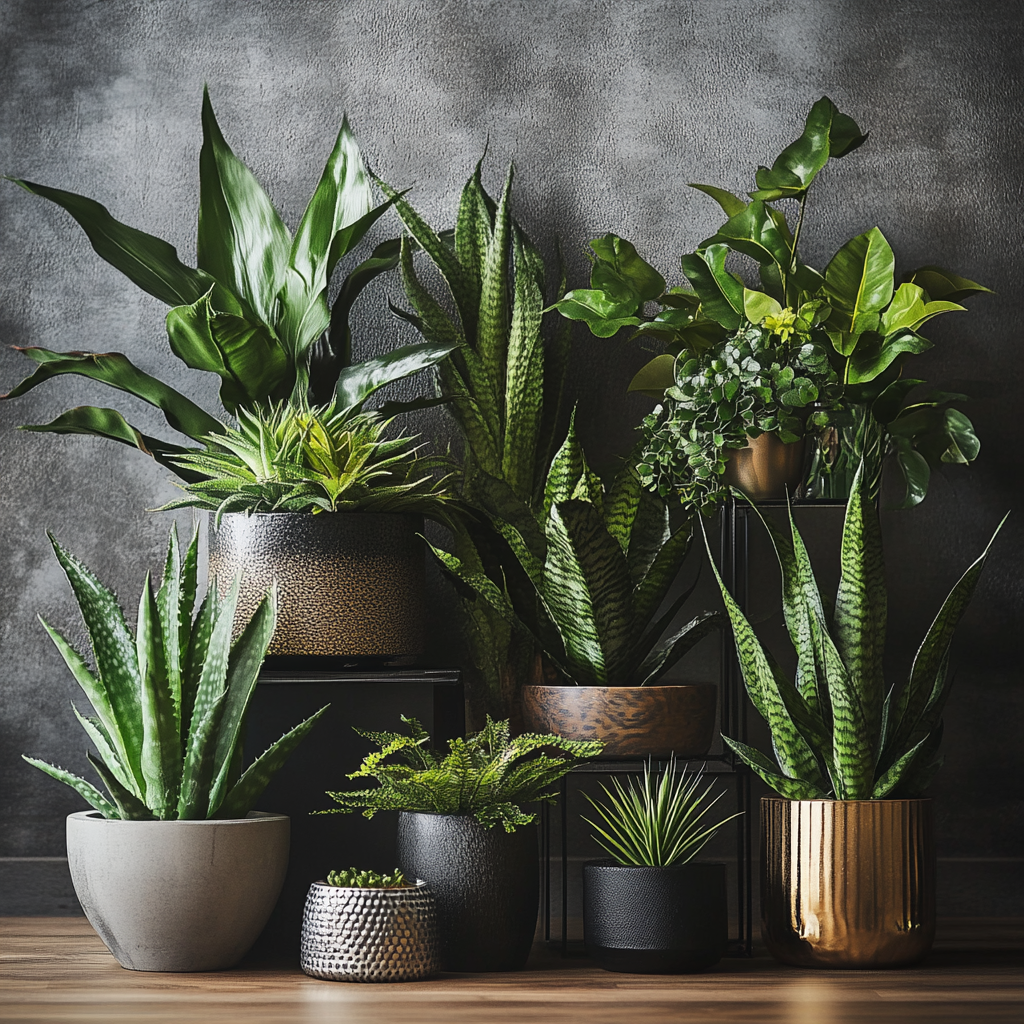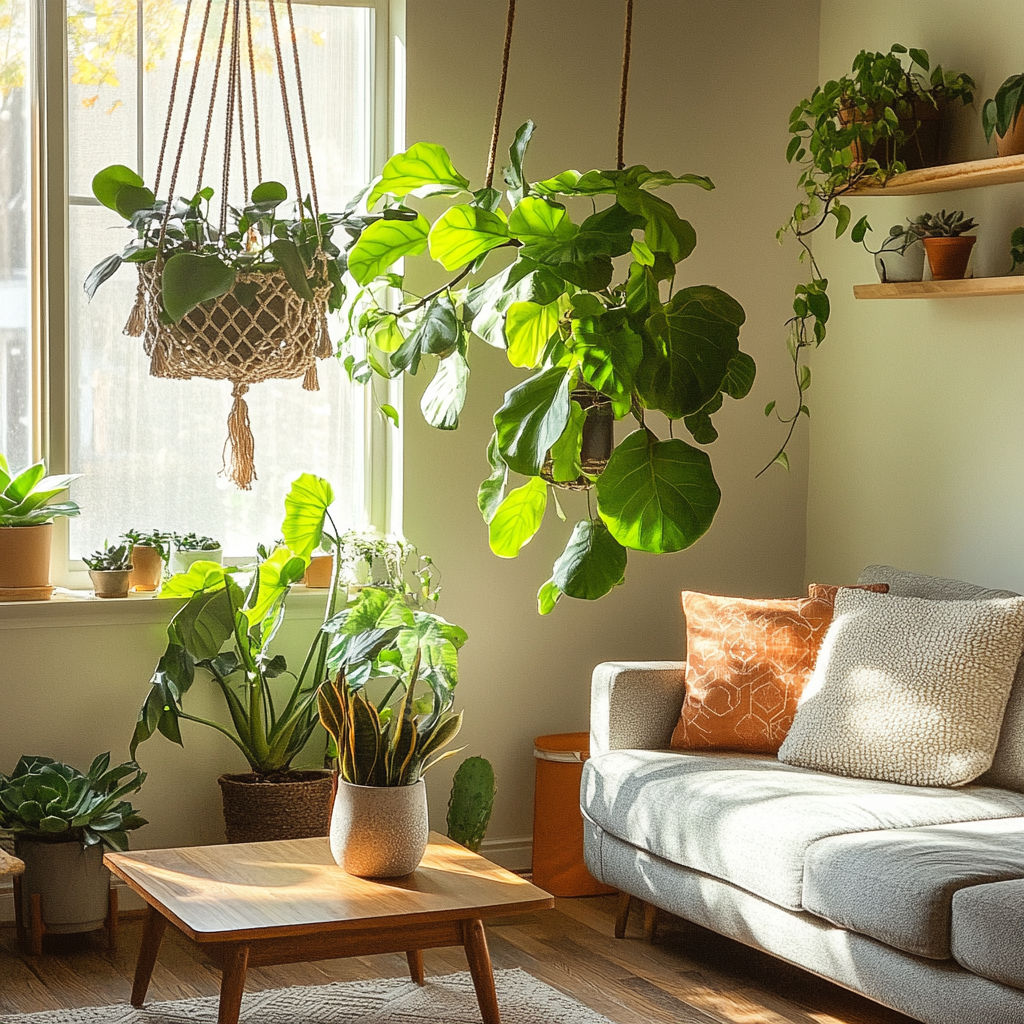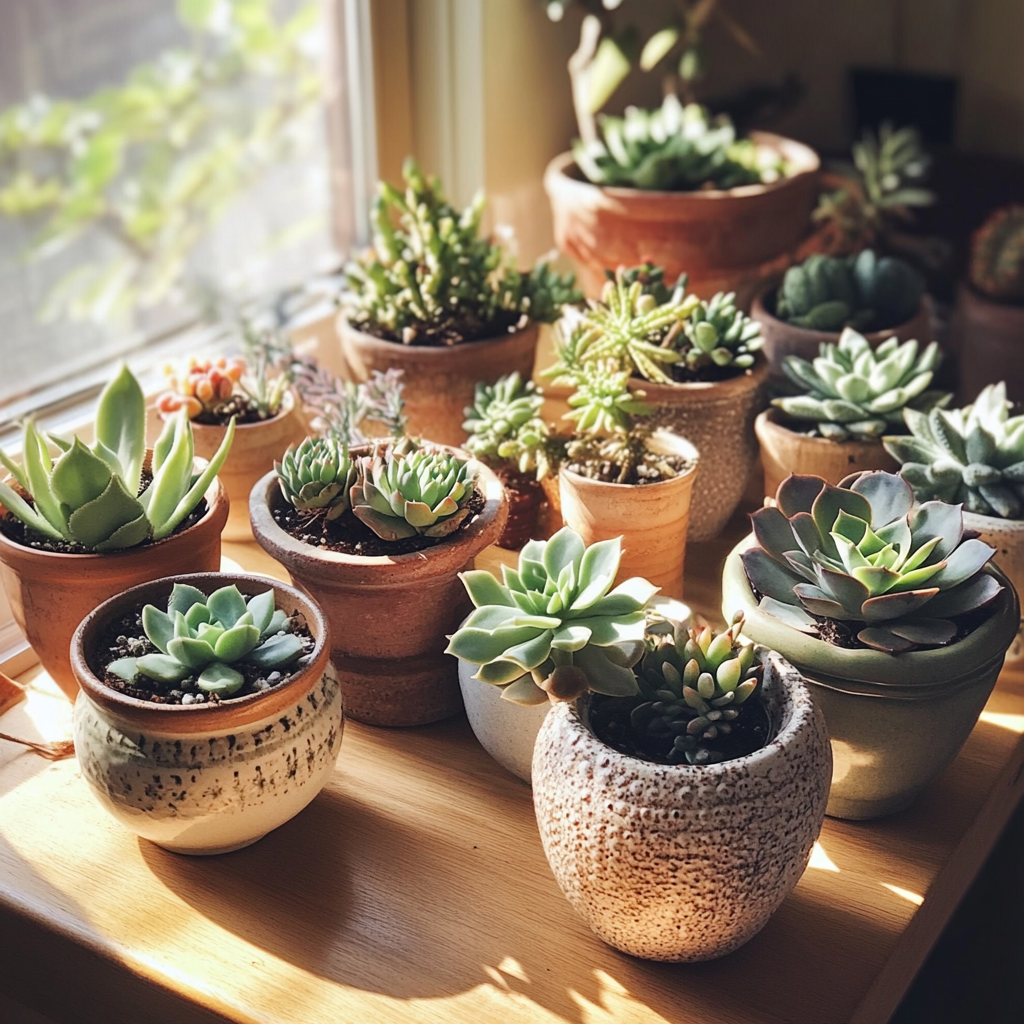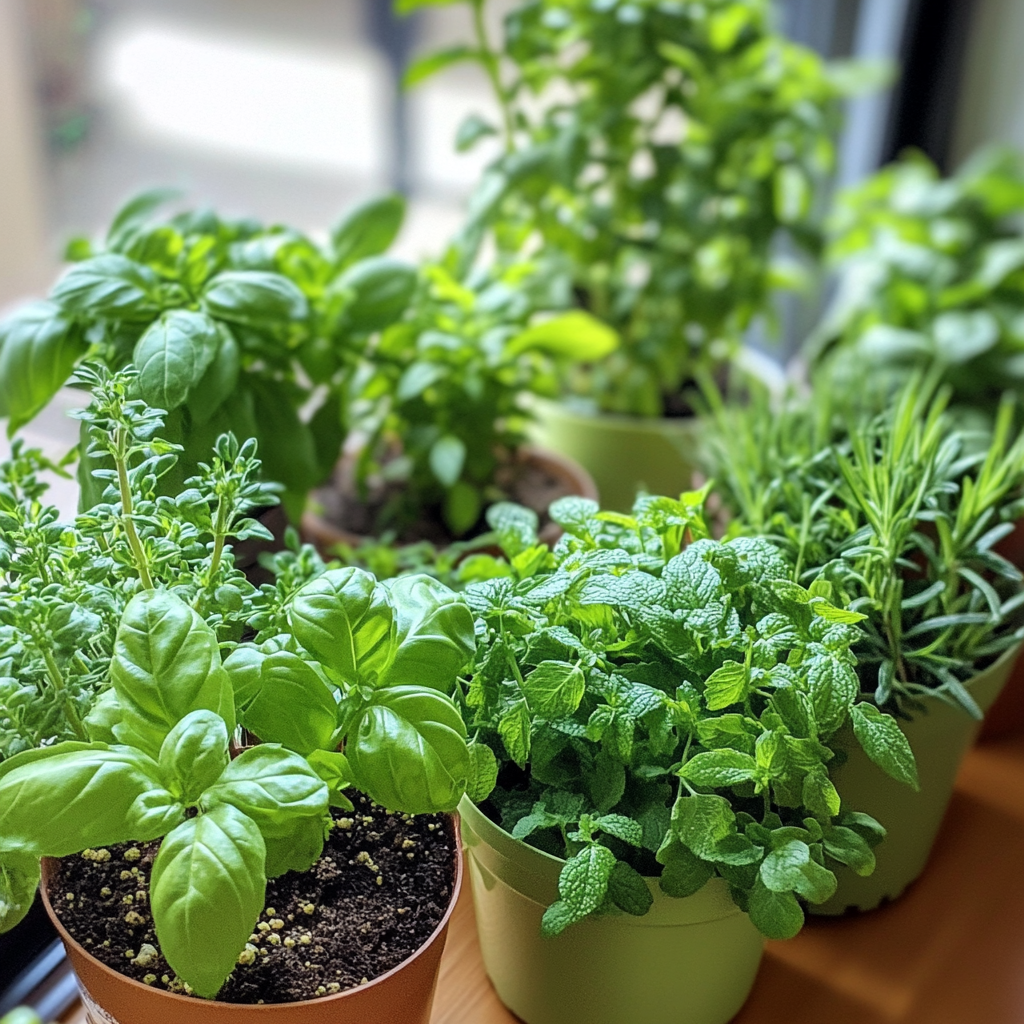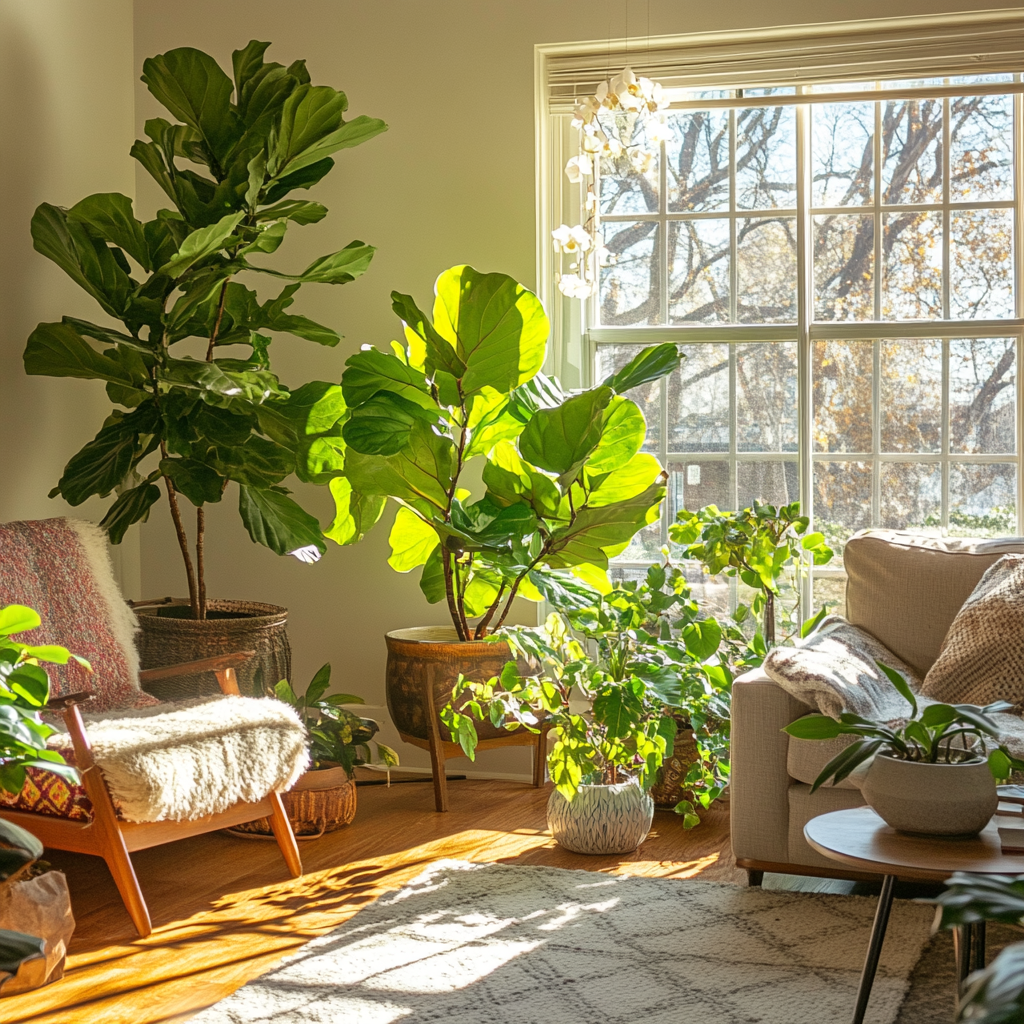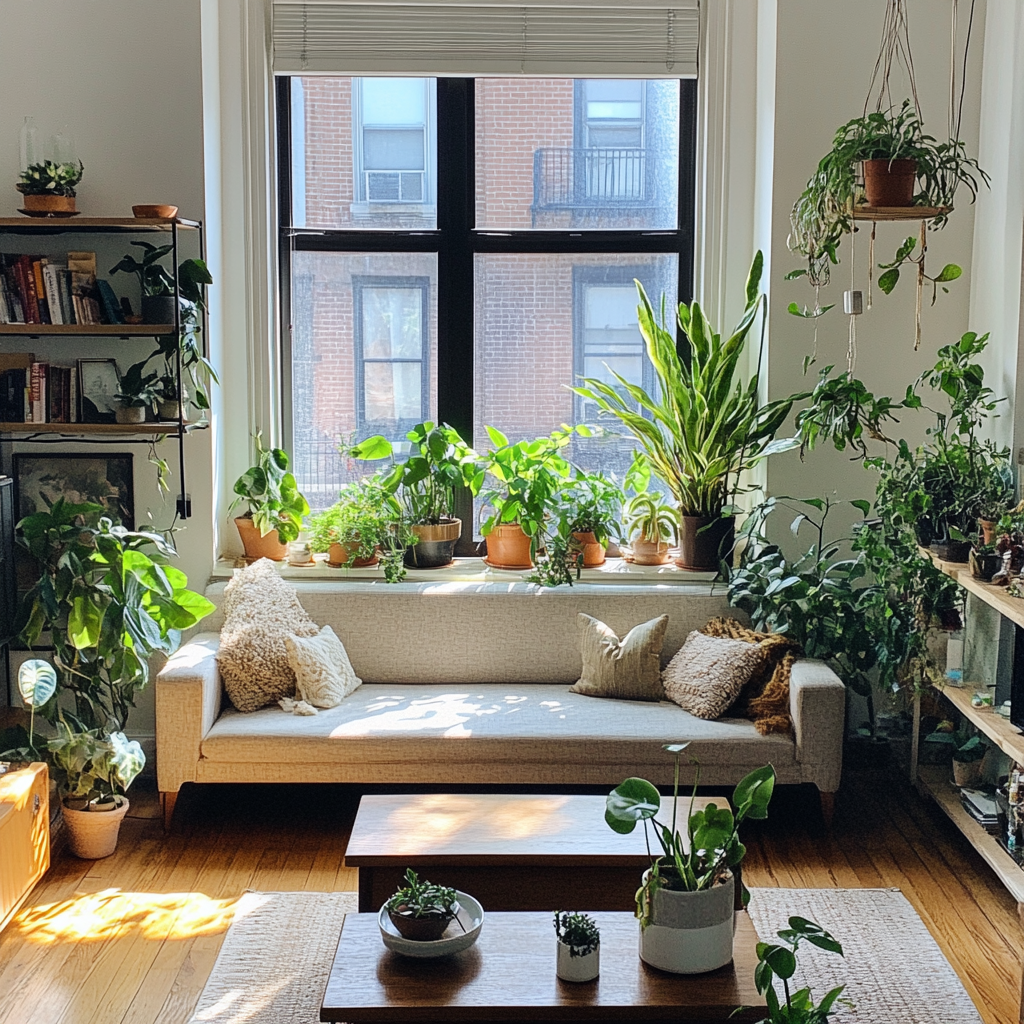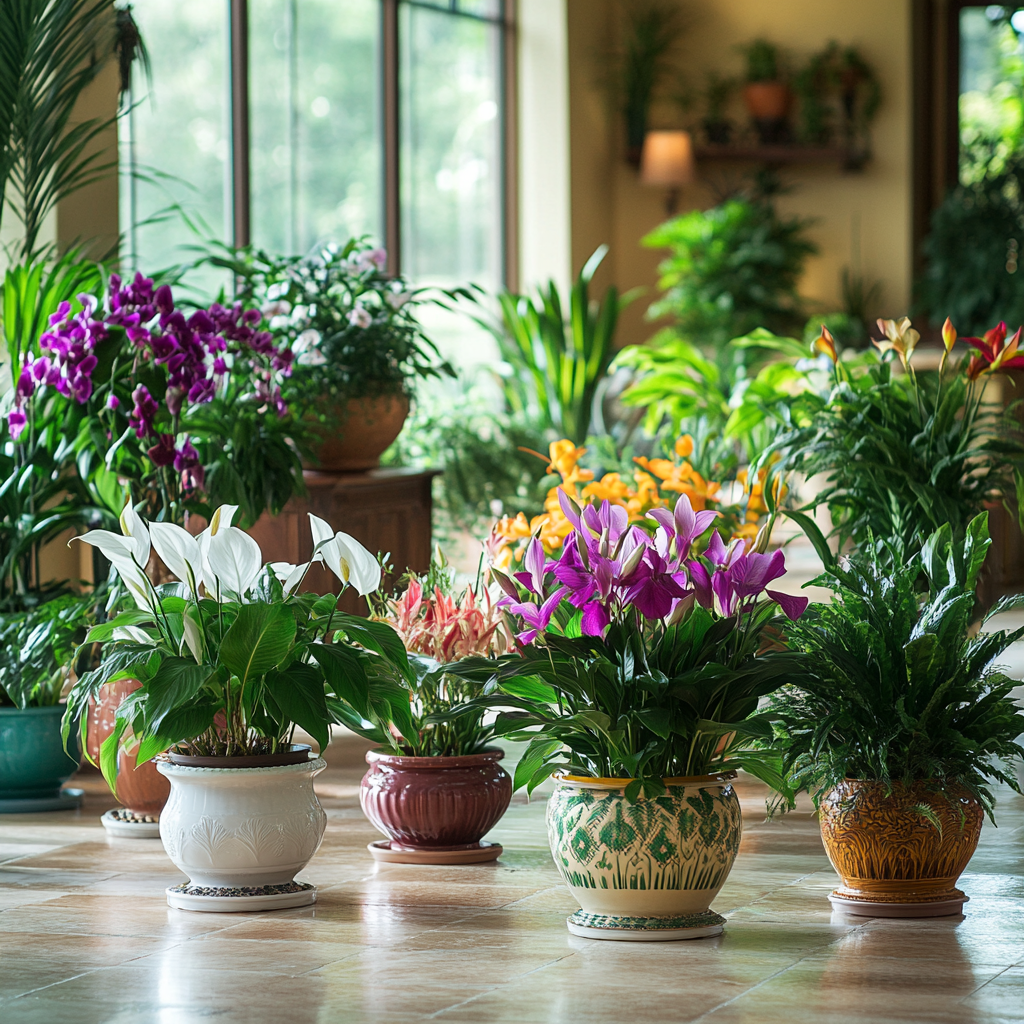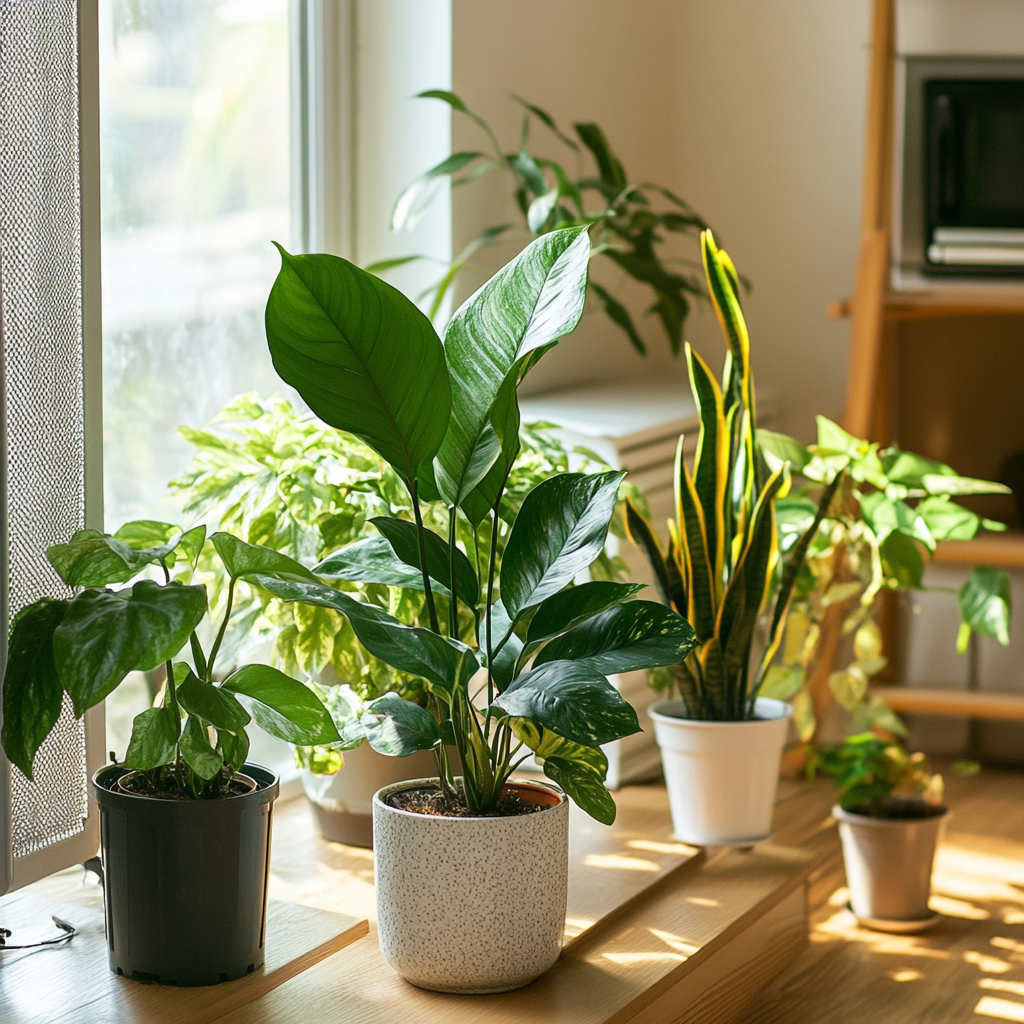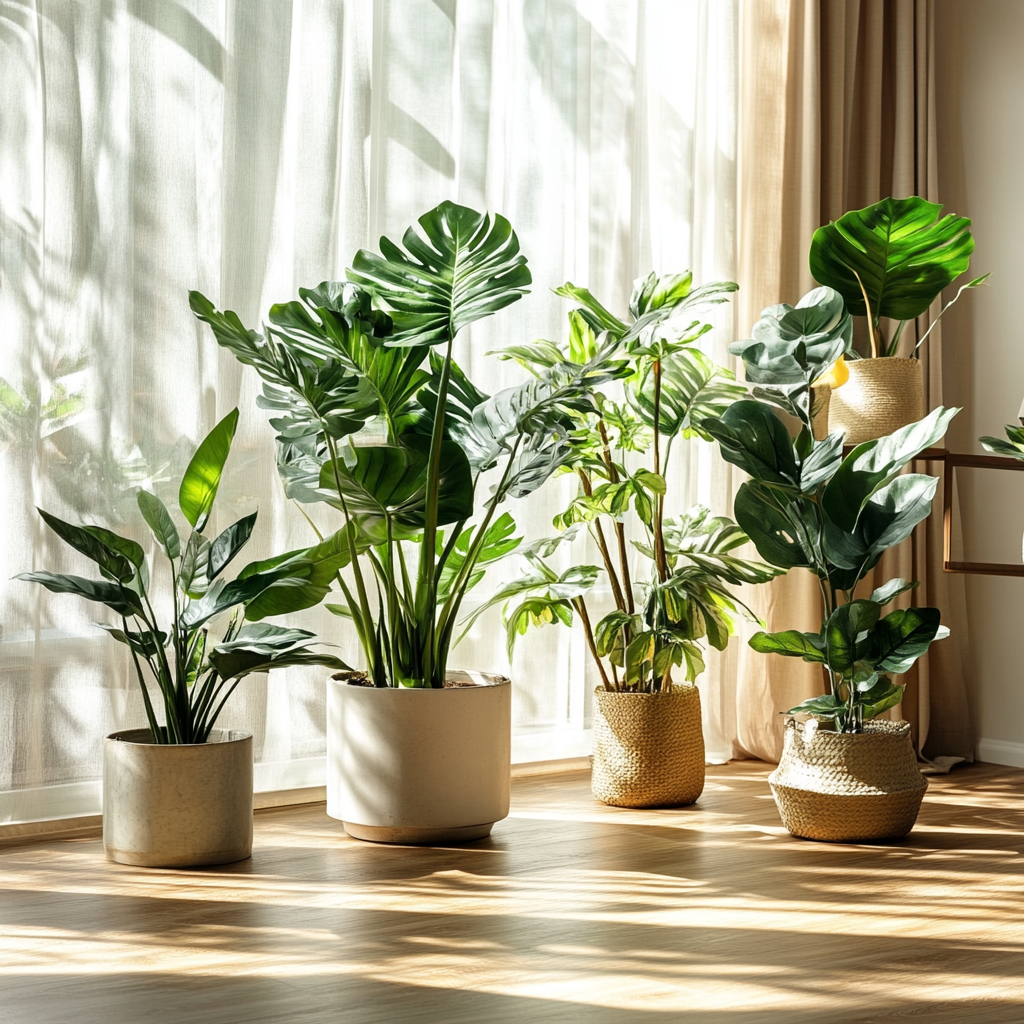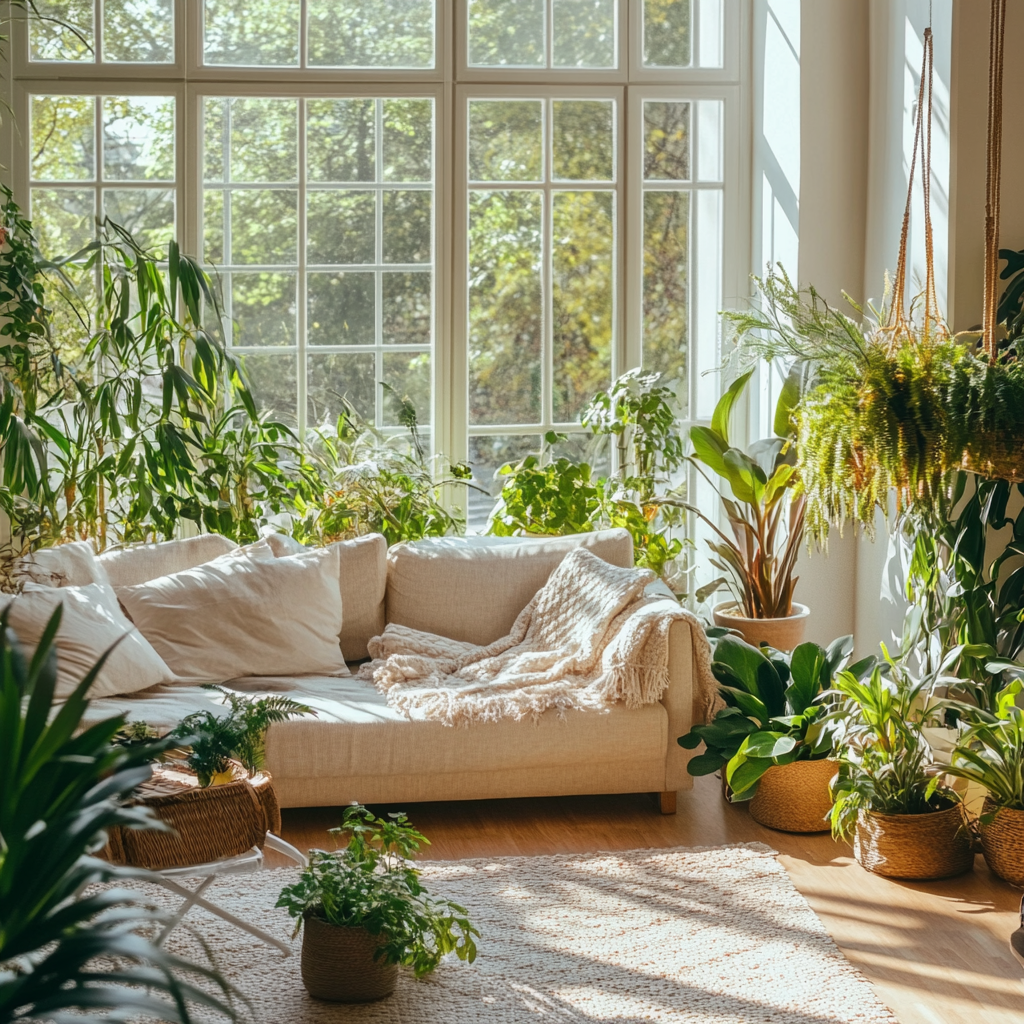Indoor plants bring life and elegance to an indoor house. They offer a lot of health benefits that include air purification and stress reduction. Not every house has natural light, and growing plants in low-light rooms has been one of the most common problems many people face. Several species of indoor plants not only survive but thrive in dim spaces. They are perfect for apartments, offices, or rooms with at least a minimum number of windows. Here we will guide you through the Top 10 Low-Light Indoor Plants and their care.
Understanding Low-Light Conditions
Before highlighting the best plants, one should understand what “low-light” means in indoor gardening. Areas that do not receive direct sunlight may be termed low light. This could be a room with north-facing windows, a hallway, or even an office space that might have minimal natural light.
Top 10 Indoor Low-Light Plants
Now, let’s consider the best indoor plants for low light in your house:
Snake Plant:
Among the rugged houseplants, snake plants are best for thriving well under low light conditions. Its tall, upright leaves are differently patterned and add grace to the room.
Care Tip: Allow the soil to dry between waterings. It can handle neglect and low light.
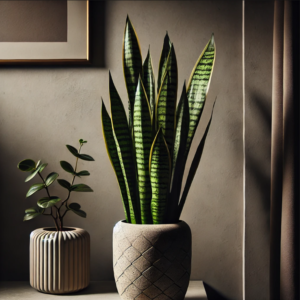
Chinese Evergreen:
It has deep green and silver varieties and tends to be a stylish addition to the home. Moreover, it’s not high maintenance at all.
Care Tip: Water when dry, then put in indirect light. It’s a versatile plant with great low-light tolerance and looks nice.
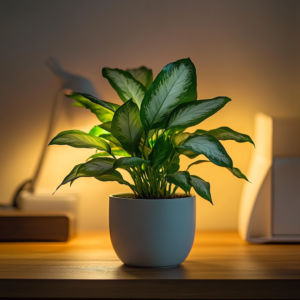
Peace Lily:
This plant is a beauty to behold, with its white blooms adding so much to the space. It is also an excellent plant for air purifiers. Peace Lilies can tolerate low-light conditions but may bloom more in brighter areas.
Care Tip: Keep the soil moist, but don’t overwater. It likes high humidity. It does great in low light and brings a touch of elegance into any room.
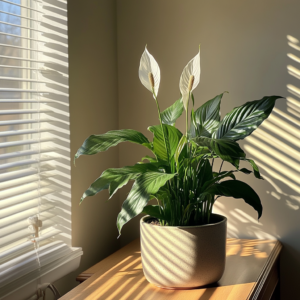
Cast Iron Plant:
Living up to its name, the Cast Iron Plant is pretty much indestructible. It will thrive in low light and can survive infrequent watering.
Care Tip: Water once a week, and wipe the leaves for dust.
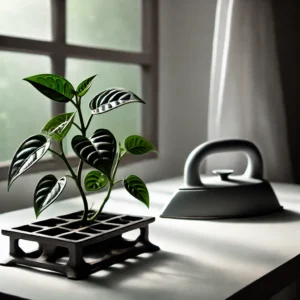
Pothos:
This plant, also known by the name Devil’s Ivy, is a vine-type plant that can grow under almost any condition. Its heart-shaped leaves come in a variety of colors, and it makes for a great choice for decor.
Care Tip: Water when dry. Trim back the vines to keep growth under control. It thrives in low light and grows fast.
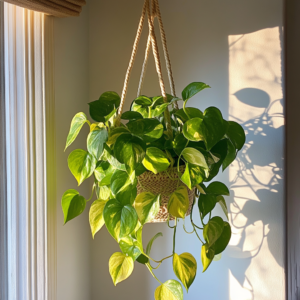
Philodendron:
Philodendrons have heart-shaped leaves and are capable of surviving in low-light conditions.
Care Tip: Water when the topsoil has dried out, and fertilize once monthly.
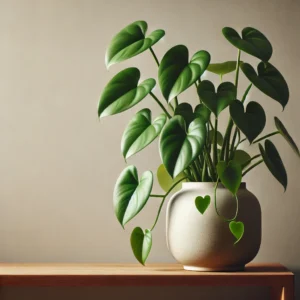
Spider Plant:
The spider plant is a fun, easy-care option for beginners and produces baby plants called “pups.”
Care Tip: Water regularly, but do not waterlog the soil. It can bear low light and grows well in hanging baskets.
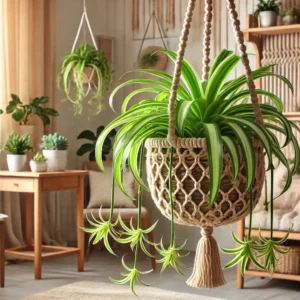
ZZ Plant:
The ZZ Plant is one of the very popular plants among beginners because of its glossy, green leaves. It can survive in low lighting.
Care Tip: Water only when the top inch of the soil feels dry. The shiny foliage reflects light, brightening up a dim spot.
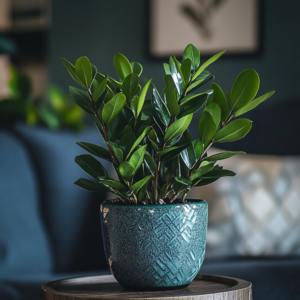
Dracaena:
Tall, slender, with sword-like leaves, this plant grows well and can serve to fill in corners of dimly lit rooms.
Care Tip: Let the top inch of soil dry out between waterings. Its slow growth and low light tolerance mean it won’t be fussy in a busy home.
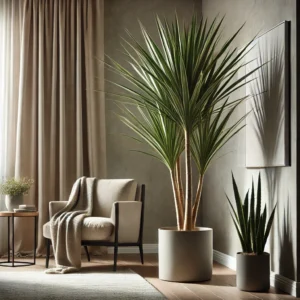
Ferns:
Specialty Ferns show off their beauty if they get high levels of humidity. They do great in a bathroom or kitchen with low light.
Care Tip: Keep the soil moist to increase the humidity. They give off a tropical vibe even in dark spaces.
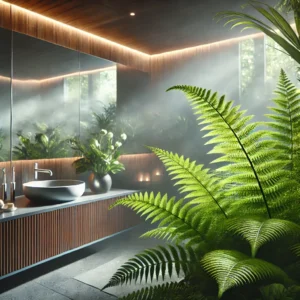
Indoor Plant Care
Care for your indoor plants that require low light is relatively easy; it, however, does demand that one pays attention to a few basic caring rules.
Watering:
Plants that live in low-light areas need less water than those living in the direct sun. Overwatering is a common mistake made by beginners. Always check the soil’s moisture before watering. The general thumb rule is to water when the top inch feels dry. This may vary since each plant has different requirements.
Humidity:
Low-light plants prefer high humidity. It is often beneficial to spray plants every day or place a pan of water near the plants to increase the moisture in the air.
Soil:
Most plants that require low light prefer to grow in well-draining soils to avoid root decay. A basic potting mix works for most, but some plants, like ferns, need soil mixes that retain more moisture.
Fertilizing:
These types of plants grow slower in low light and need less fertilizer. Use water-soluble fertilizer every 2 to 3 months throughout the spring and summer growing seasons, not in the winter.
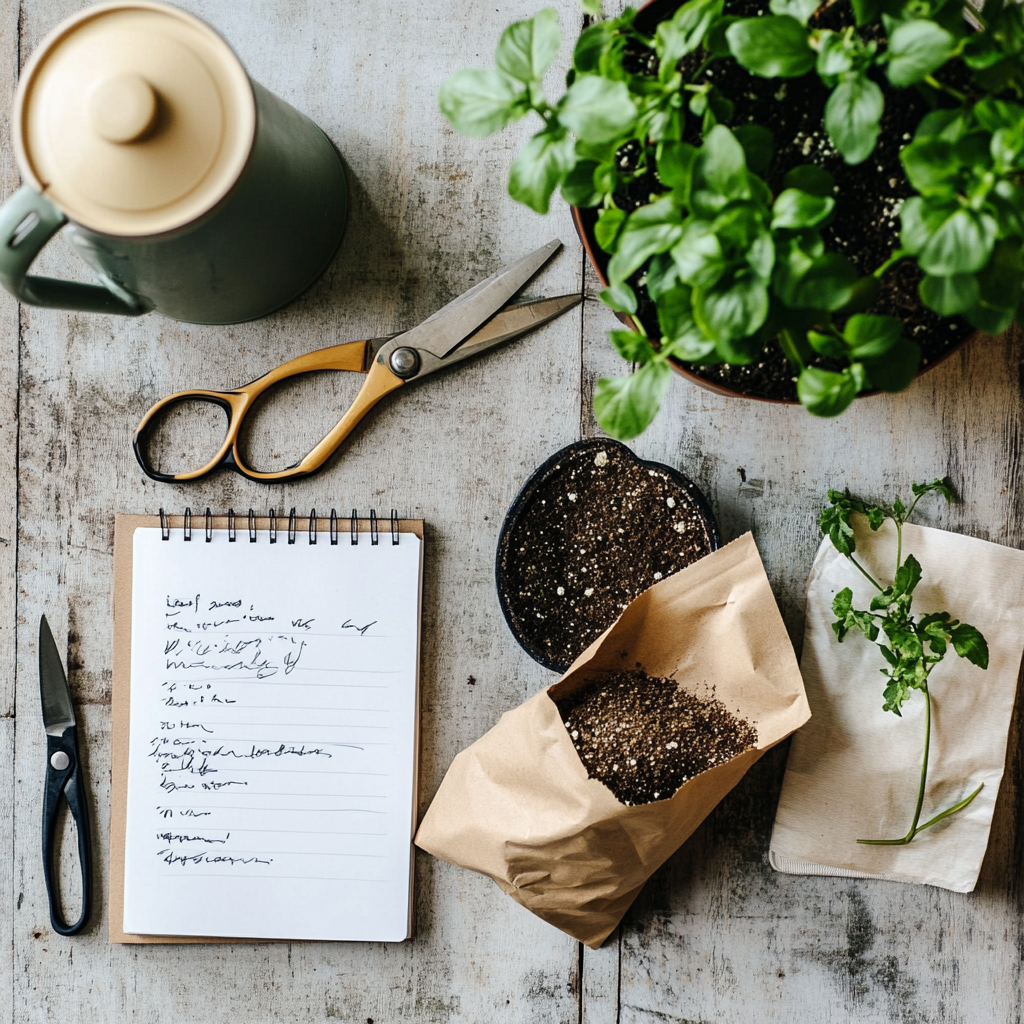
Common Care Mistakes to Avoid:
- Overwatering: Allow the topsoil to dry completely between waterings.
- Poor Drainage: Ensure pots have drainage holes so that the soil does not become waterlogged.
- Not Cleaning: Dust that accumulates on leaves acts as a barrier to light intake. Clean leaves regularly.
